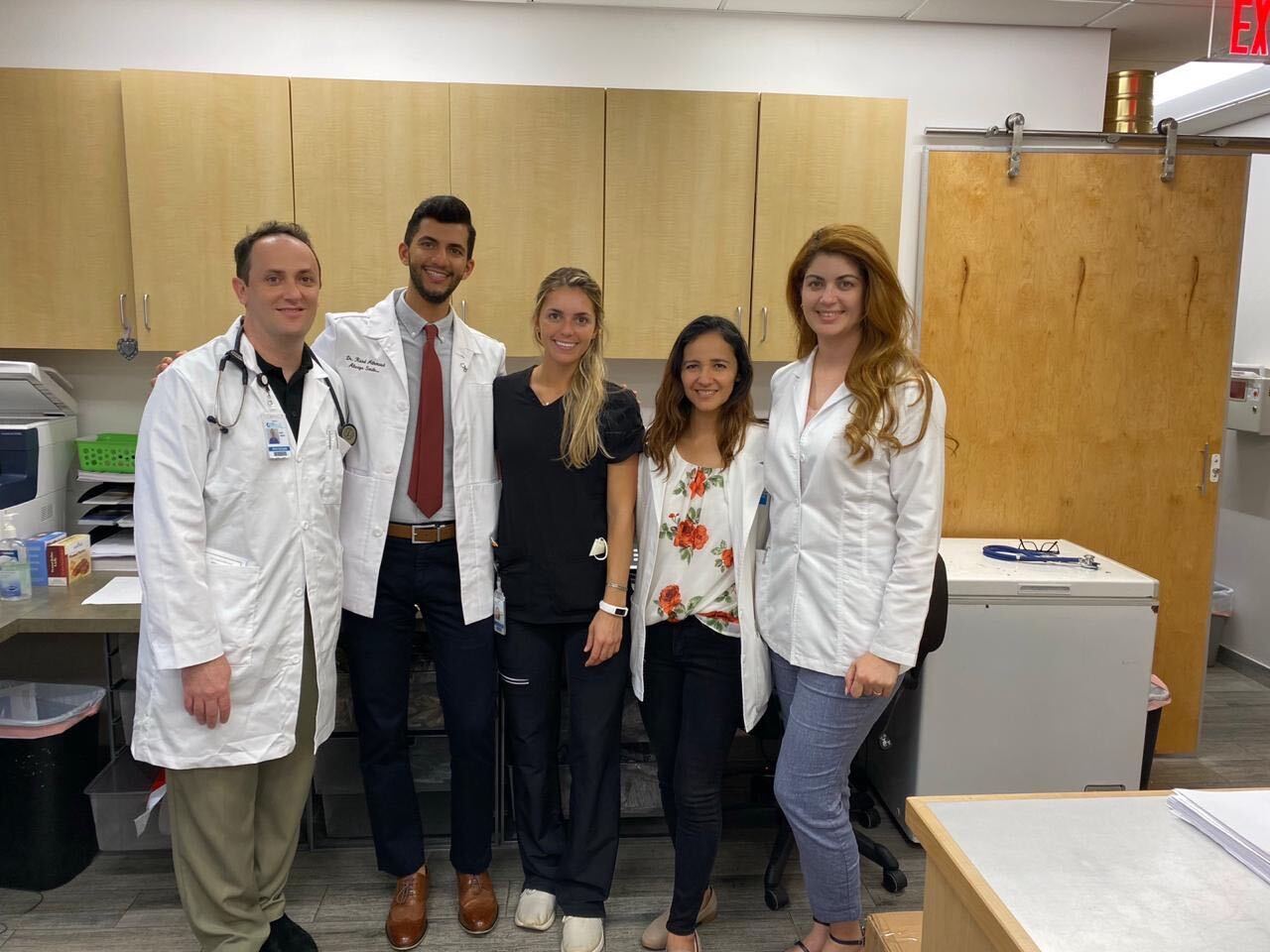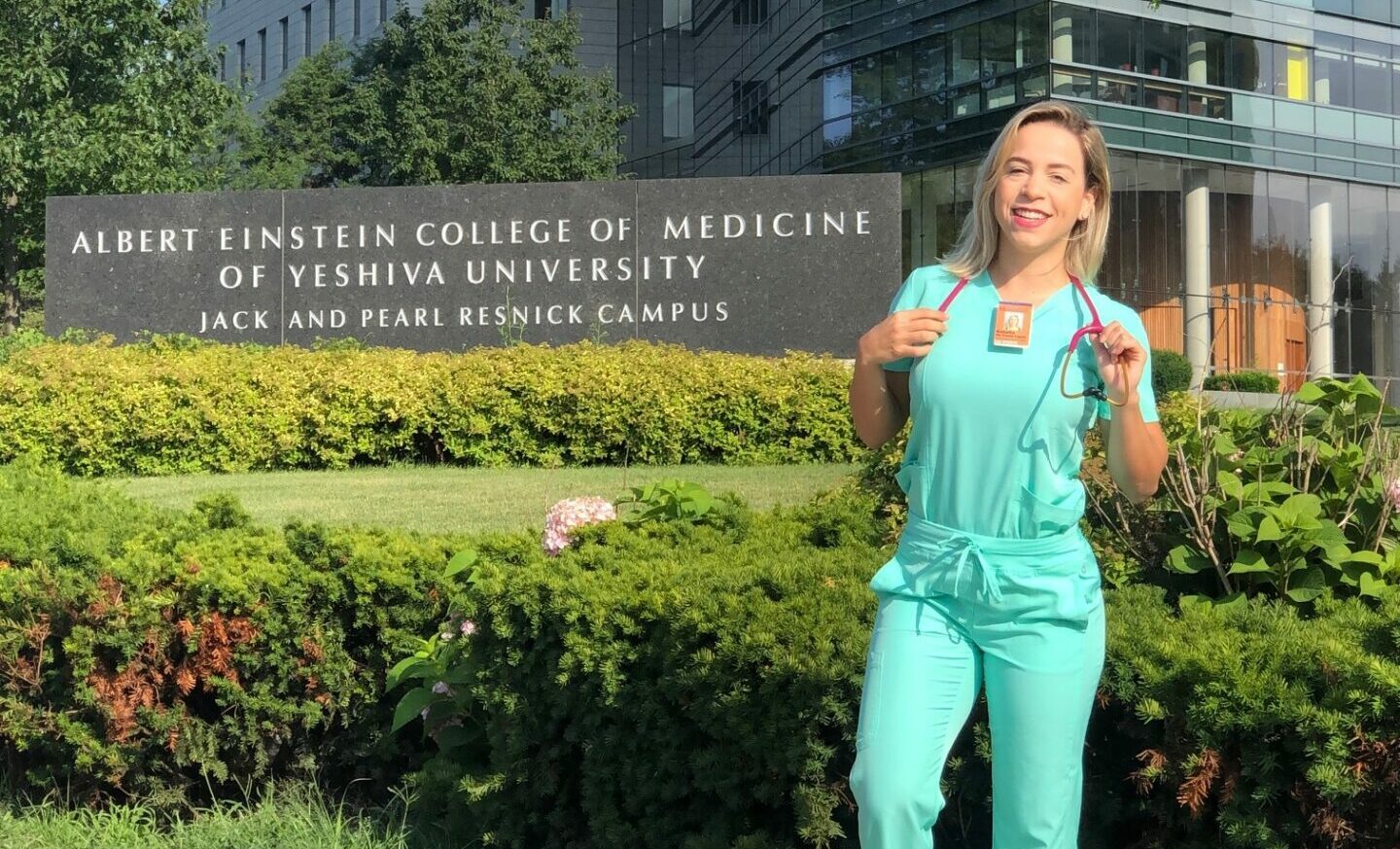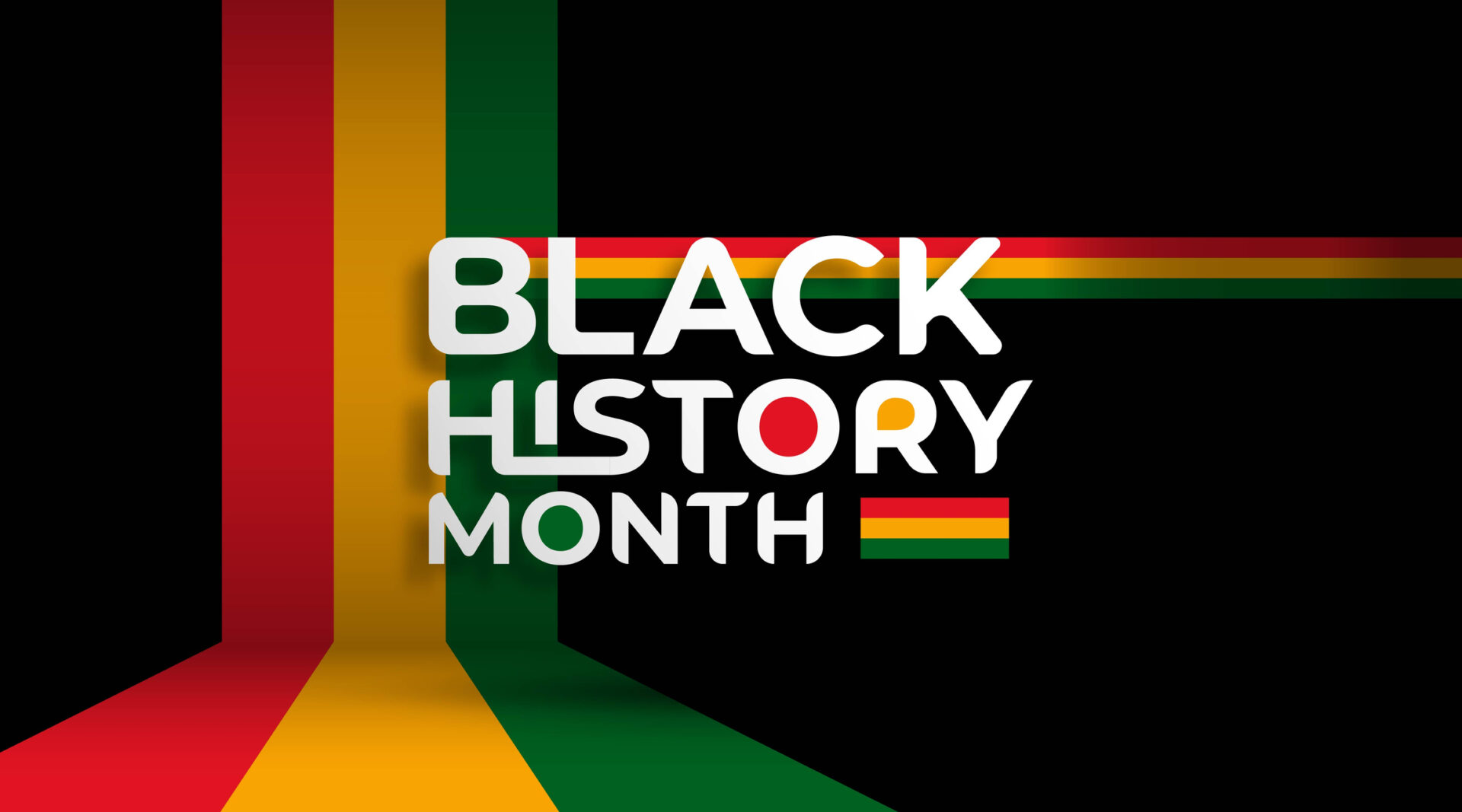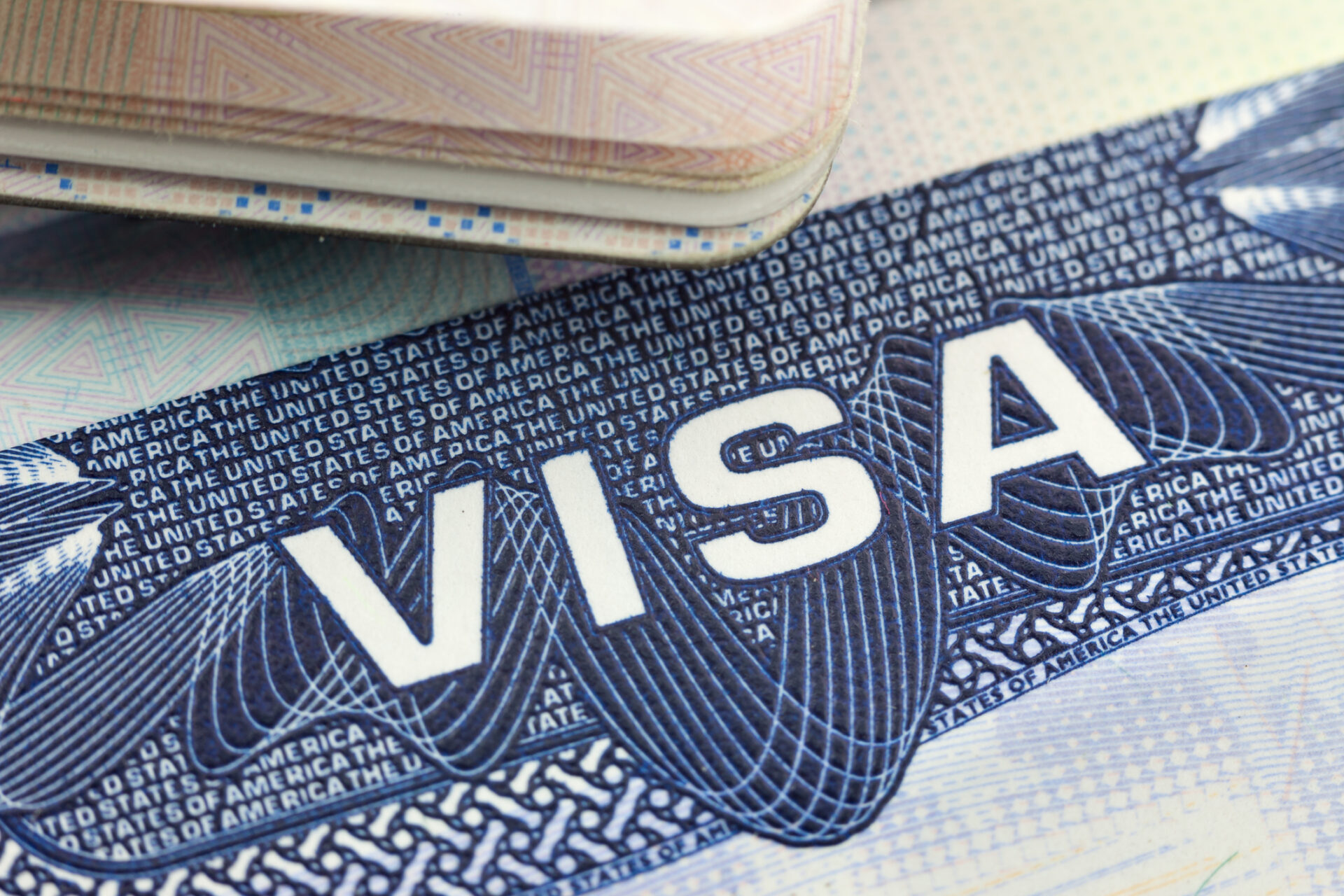This week, October 18-22, marks the American Medical Association’s third annual International Medical Graduate Recognition Week. Founded in 2019, the week is a celebration of IMGs and recognizes their dedication to their medical education despite the barriers they face in becoming U.S. physicians. The week also raises awareness of these barriers and the organizations and advocates working to make the path to becoming a licensed U.S. physician easier for IMGs.
Recognizing the IMG Hurdle
One of the biggest hurdles currently facing IMGs in their path to becoming U.S. physicians is struggling to match into U.S. residency programs. This often leaves well-trained medical graduates with extensive clinical experience working in other fields, typically still within the United States.
In fact, IMGs–and especially non-U.S. IMGs–do not match into residency programs at a rate significantly disproportionate to other applicants. According to the National Resident Matching Program’s 2021 data, non-U.S. IMGs accounted for 39% of all unmatched applicants despite representing only 19% of total applications. This is not unusual. Non-U.S. IMGs experienced similar unmatched rates in 2020 and 2019, and this fits into a larger trend that is consistent over the past 18 years.
This disparity is an early indicator of the systemic challenges and conscious and unconscious bias IMGs who do match into a residency program experience in the workplace.
Celebrating IMGs’ Contributions
Despite these challenges, IMGs are an important part of the future of U.S. healthcare and the presence of IMGs in the U.S. healthcare system has steadily grown over the past decade. Not only does this growth of IMGs help combat healthcare worker shortages, but in states where the COVID-19 pandemic accelerated these shortages, innovative approaches have sought to license nonpracticing IMGs and allow them to forego residency programs to help expand the IMG resource even more.
However, IMGs offer more to the U.S. healthcare system than just helping solve staffing shortages; they play a critical role in communities that are underserved and are more likely to work in rural communities. While this again has the benefit of staffing corners of the healthcare workforce that U.S. medical graduates often avoid, IMGs who open practices in these underserved communities bring job creation and economic stimulus, offer benefits to those communities beyond access to healthcare.
Solving staffing shortages and helping underserved communities are by no means the extent of the benefits IMGs bring to the U.S. and its healthcare system, and the goal of IMG Recognition Week is to highlight these benefits and more.
AMA’s IMG Recognition Week 2021
The year’s IMG Recognition Week is inspired by the theme “Challenges and Excellence During the Pandemic.” Throughout the week, AMA will be hosting a series of virtual panels and discussion over zoom and Facebook Live. To register for these virtual events and to read more about AMA’s IMG Recognition week, click here.
And be sure to join in for AMO’s discussion with AMA on Facebook Live. Tune in October 20, 2021 at 7:00 PM Central Time.






